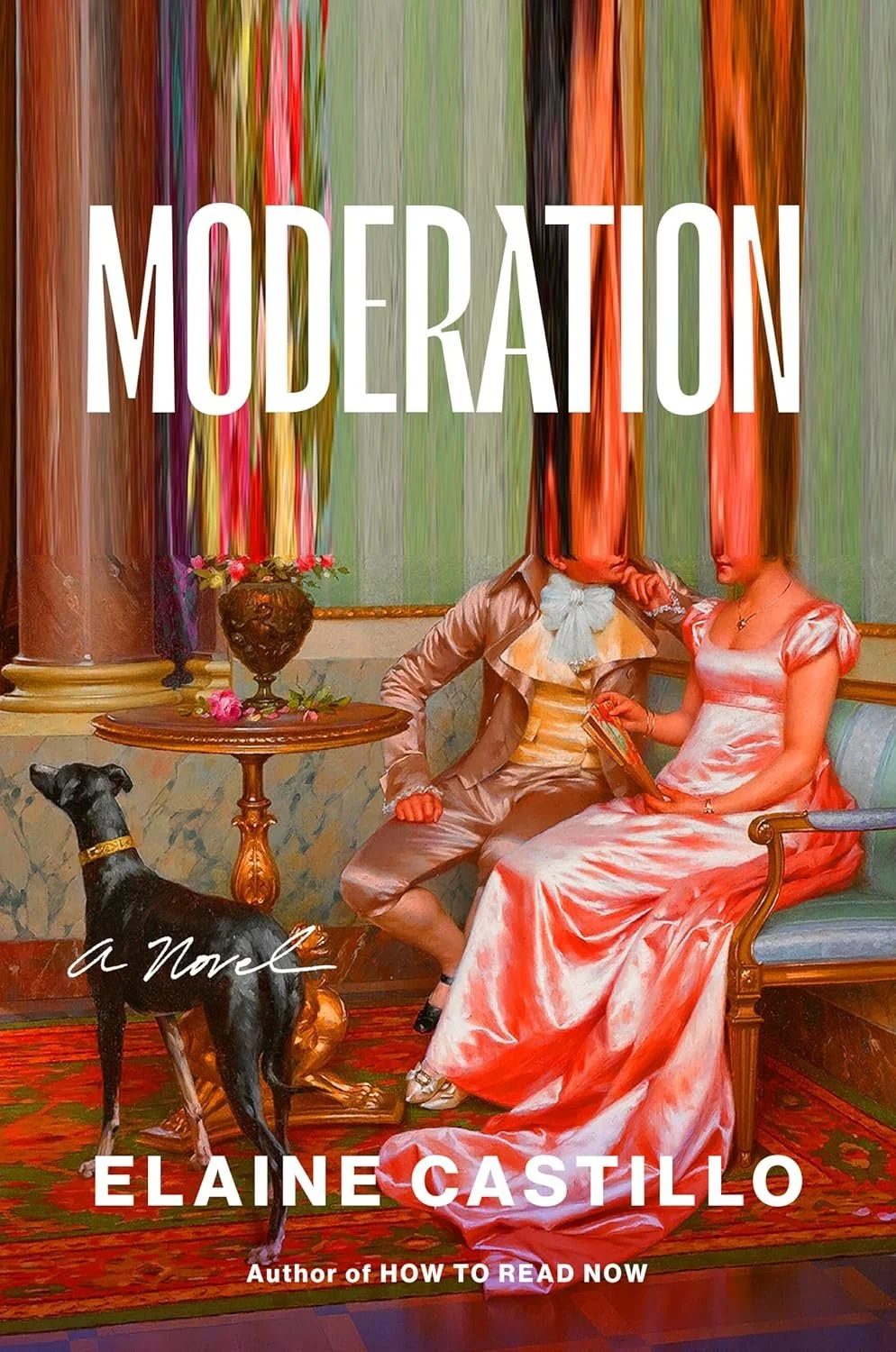A Conversation with Silvia Park
Thank you so much for taking the time to answer our questions, and we’re so happy to feature Luminous as our Book of the Month!
First of all, I’d love to know how you found the experience of writing Luminous. What did you learn about your writing process, and did it change at all over time?
Luminous began as a children’s book: a ragtag bunch of kids discover a robot named Yoyo in a junkyard. He looks like a twelve-year-old boy, but turns out to be so much more.
And then I gave Yoyo a human family, and I had to pause for a moment—because it must have been terribly disorienting for his siblings to grow up, while Yoyo remained eternally twelve. That was when I realised that I was writing a Peter Pan story. When J.M. Barrie, the author of Peter Pan, was only six, his older brother David died at the age of thirteen. I don’t think it’s a coincidence that Barrie would later title Peter Pan, The Boy Who Wouldn’t Grow Up. In a similar fashion, Yoyo became the boy who couldn’t grow up. And that’s how the robot became this metaphor for me, this vessel for the unspeakable, for grief.
So Luminous grew up from that children’s story. It expanded to include the adult siblings who had struggled with the reality of loving a robot as family and losing him.
For those of our readers who haven’t yet read Luminous, how would you describe it to a reader who is about to jump in?
I half-jokingly call it Frankenstein’s monster: if the flesh of Luminous is science fiction, then the spine is a police procedural, but the beating heart is a family drama—the estrangement of two siblings who mourn the loss of their robot brother Yoyo.
There are a lot of great stories out there about romantic relationships with robots, but I wanted to focus on how robots become family. Jun and Morgan grew up with their robot brother Yoyo. I knew Yoyo would have been an older brother to them, he would have been like a parent, tender, loving, and patient. Robots, I imagine, will have to juggle multiple roles. At the start of the novel, my protagonist Jun, a police detective, searches for the missing robot “daughter” of an elderly woman. Later, when he revisits the owner, he’s shocked by how rapidly she’s deteriorated. This child robot was also her caretaker, responsible for this woman’s health and welfare.
Instead of a black-and-white portrayal of robots, as either villains or victims, I aspired to describe a future that’s tempting—robots that clean and cook for us, robots that take care of us when we are elderly and infirm—yet fraught.
I loved how you managed to create such a character-driven plot within such an intricate speculative world, so I was wondering what your starting point was? Did you imagine the world, plot or characters first?
Characters first. I was fascinated by Jun and Morgan’s grief for a brother that might not have been real. The world only crystallised in a much later draft.
And yet, I can’t help but think of the characters as microcosms of the world they inhabit. Everybody feels political. For example, Jun—on paper, he’s defined by his job. Police detective. War veteran. But his body struggles under the weight of his existence. He lost the majority of his body in a devastating military accident in North Korea, and his new body is complicated by the fact that he’s transgender. And now he’s moving through the world in a body that appears more masculine than could be achieved through purely medical means. This is a source of both privilege and shame for him. A body that also labels him as closer to ‘robot’ than ‘human.’
What drew you to writing speculative fiction, and how do you think the genre allowed you to explore certain themes in a different way than something more grounded in the contemporary world?
I personally struggle with writing realist fiction because I feel the genre is inadequate in capturing the world we inhabit. I think many people would agree that it feels like we’re living in a dystopia nowadays. But what really is a dystopia? What makes a world feel speculative, instead of realistic? How do we define what is real? So many of us spend most of our hours either asleep—unconscious or dreaming—or locked in a world that exists on a tiny screen. How can we say, then, that we live in reality?
I think this is why the speculative genre is more popular than ever. Reality has failed us. We grasp for metaphors and magic and horror to overcome the empathy gap, relying on the speculative to describe what others struggle to understand. Especially if we’re traditionally marginalised—alienated or even erased—we depend on the speculative more than ever to be heard and legible.
Your descriptions of place are incredibly vivid, and I’d love to know more about your own relationship with Korea and your decision to set Luminous in a unified Korea.
Since Luminous is categorised as ‘science fiction,’ people might think that I’m writing about the future. In fact, I’m writing about the past. The Korea I portray was scavenged from my childhood. I wanted to write a story that felt nostalgic, even sentimental; I think the quickest way to date a science fiction novel is to make the world seem modern and flashy.
But anyone who’s visited Korea multiple times over the years will usually be shocked by how rapidly the country changes. And I’ve always believed this fixation on progress is a survival response to the devastation of colonisation, civil war, and military occupation. Korea was once called the ‘hermit kingdom,’ and this resistance to change—especially Western modernisation—nearly destroyed it. After the war, I feel Korea has latched onto technological prowess and soft cultural power as an insurance against destruction. The unification of Korea in Luminous was just an extension of a war that never ended.
By imagining Korea in the future, I also had to wrap my mind around North Korea. I realised pretty late in my drafting of Luminous that the novel’s central conceit—the mourning of a lost sibling—paralleled South Korea’s own loss. We have always been haunted by the North, which still exists beyond the border but remains a ghost to us—untouchable, just out of our reach.
Read the rest of the interview in the Summer edition of nb notes. Sign up here by 30th June to get a copy.
Editorial Picks





